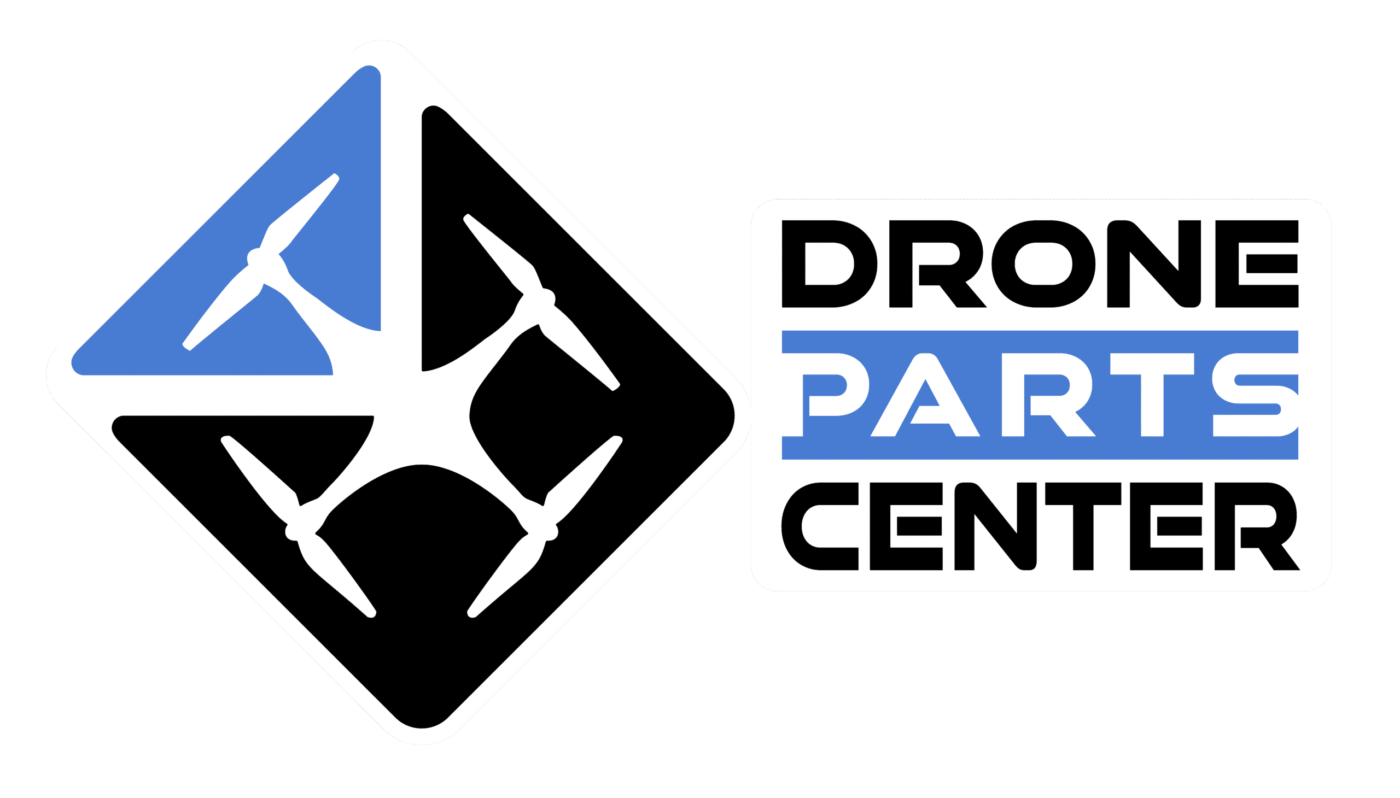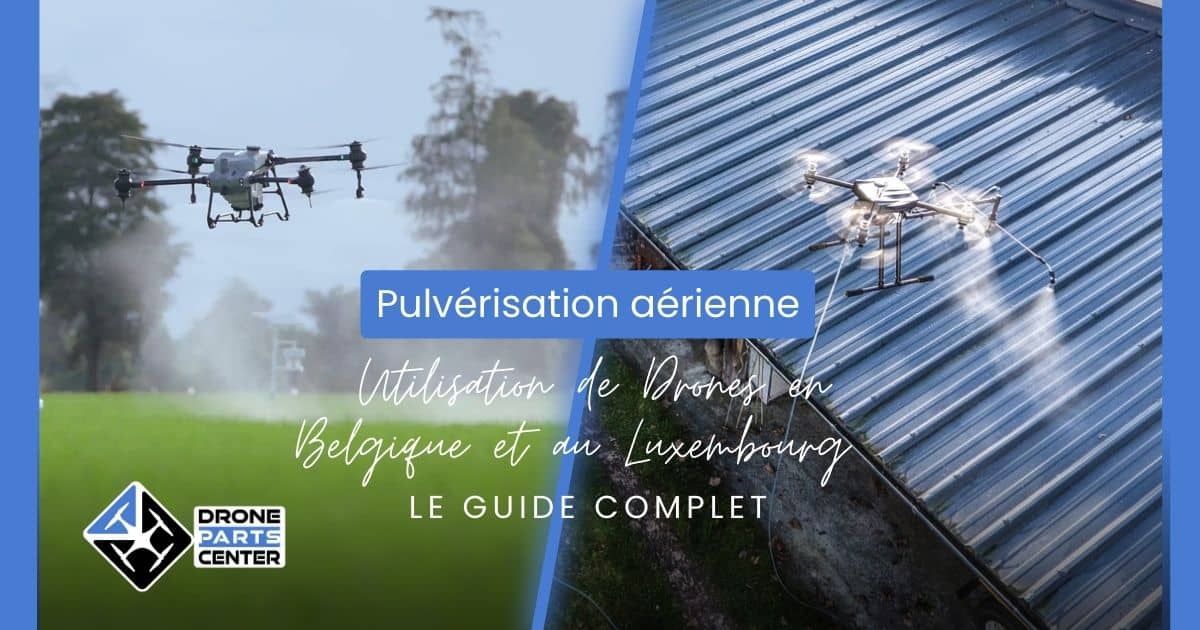News
Using Drones for Aerial Spraying in Belgium and Luxembourg: A Comprehensive Guide
The use of drones for aerial spraying, whether for building cleaning or agricultural spraying, has become common practice in many countries. However, regulations vary from country to country. In this article, we explore in detail the regulations applicable in Belgium and Luxembourg for aerial spraying.
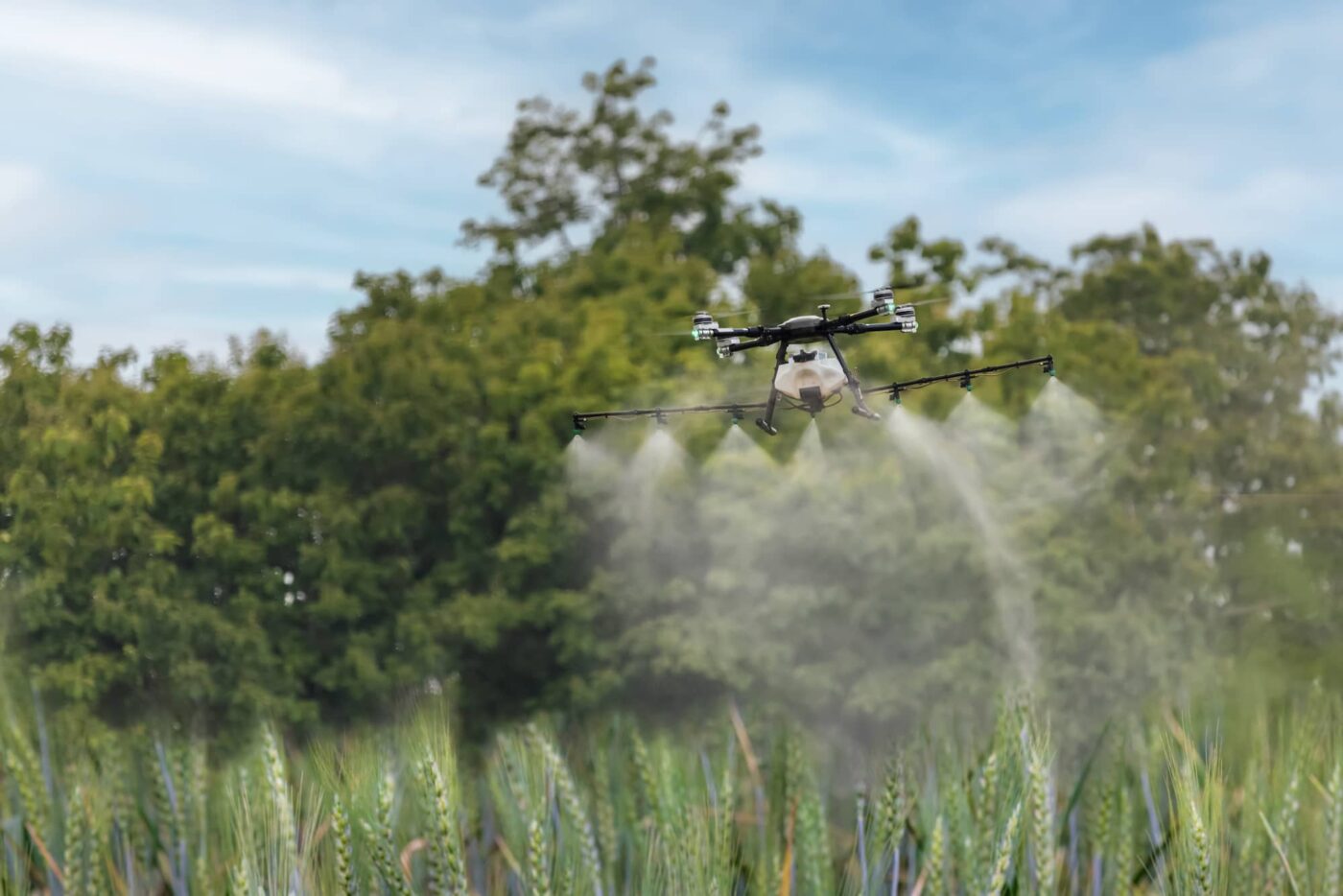
Regulations applicable in Belgium
1. UAS (Unmanned Aircraft Systems) legislation
UAS legislation in Belgium for aerial spraying is governed by Regulation (EU) 2019/947 and Regulation (EU) 2019/945, as well as by the Royal Decree of March 19, 2013 on the use of plant protection products and adjuvants compatible with sustainable development.
Drones used for aerial spraying or agricultural spraying are not authorized to fly in the Open category in Belgium. This includes wired drones. They must be used in the Specific category, and there are two ways of moving up in this category:
- PDRA (Predefined Risk Assessment): A risk analysis carried out by the authorities for a generic scenario. The PDRA-S01 is suitable for the envisaged mission and has specific conditions to be met, such as flight height, weight, controlled area, etc. The financial cost is at least 754 euros in 2023, and the average lead time is four months.
- Special feature: the first PDRA granted by the authorities is linked to the geographical locations mentioned in the file, i.e. the authorization is only valid for these addresses. A PDRA authorization without location constraints on Belgian territory is only possible after the submission of several PDRAs accepted by the DGTA. The aim is for the DGTA to establish trust with the operator through in situ checks.
- SORA (Specific Operational Risk Assessment): Another option is to submit an SORA dossier. The difference with PDRA is that there is no checklist of conditions to be met beforehand. The cost and location constraints are similar to PDRA.
2. Legislation governing the use of plant protection products and adjuvants
The DGTA (Direction Générale de Transport Aérien) requires operators submitting a request to use a drone for aerial spraying (building cleaning) to obtain an opinion from the SPF Santé on the classification of the product used for cleaning. In the agricultural sector, the spraying of plant protection products and adjuvants requires ministerial authorization.

Regulations applicable in Luxembourg
Like Belgium, Luxembourg also applies European legislation concerning the use of drones for aerial spraying. Exclusion zones, time limits for obtaining authorization, and procedures for submitting a PDRA or SORA dossier are identical to those in Belgium.
The only notable difference is the cost. At present, filing an application is free of charge in Luxembourg.
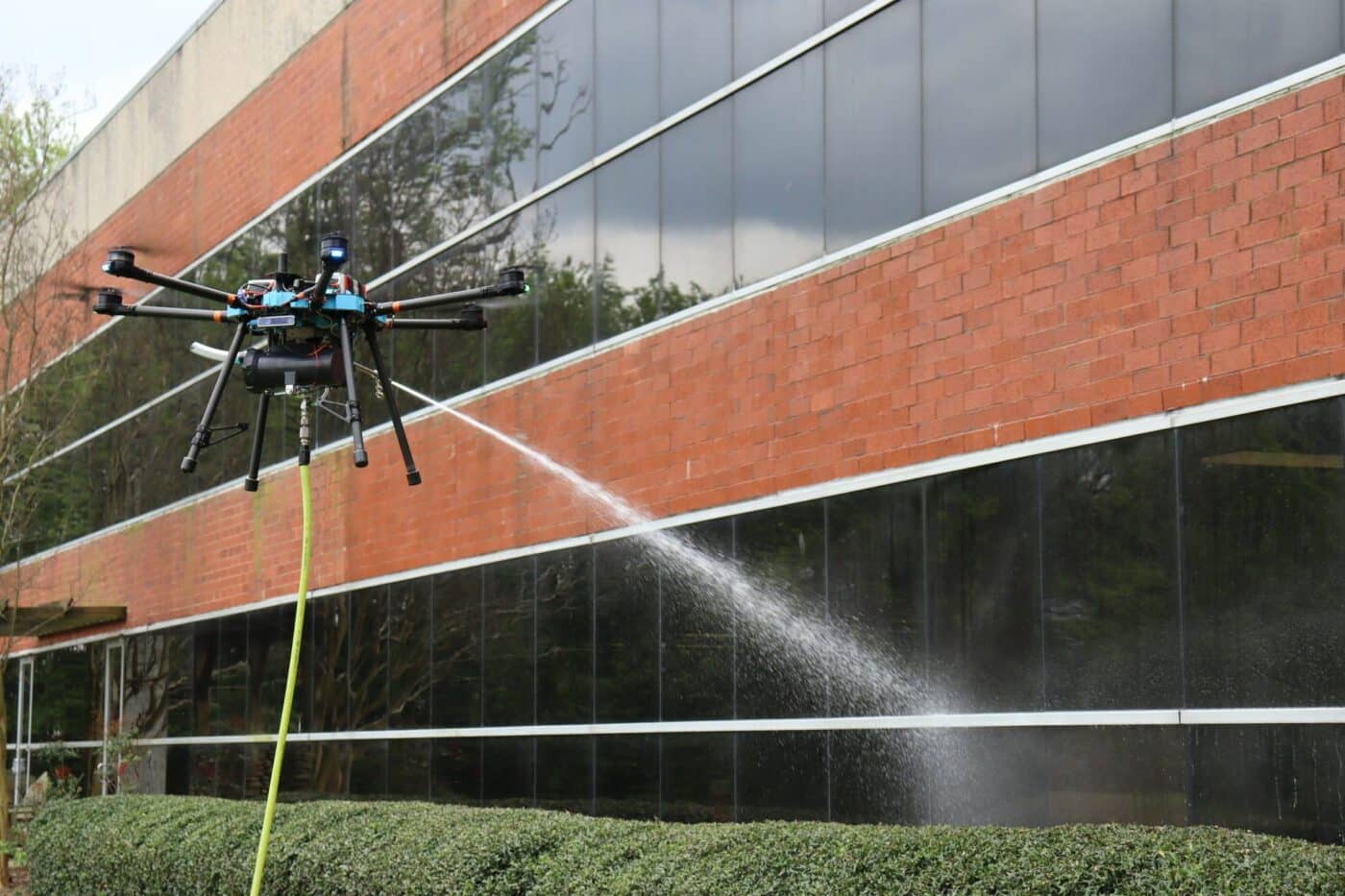
Future regulations
From January 1, 2024, new regulations will come into force:
- Drones will have to be fitted with a European identification tag.
- The European standard scenario STS-01 will apply, allowing operators to fly under certain conditions (Class C5 marked drone) in all European countries.
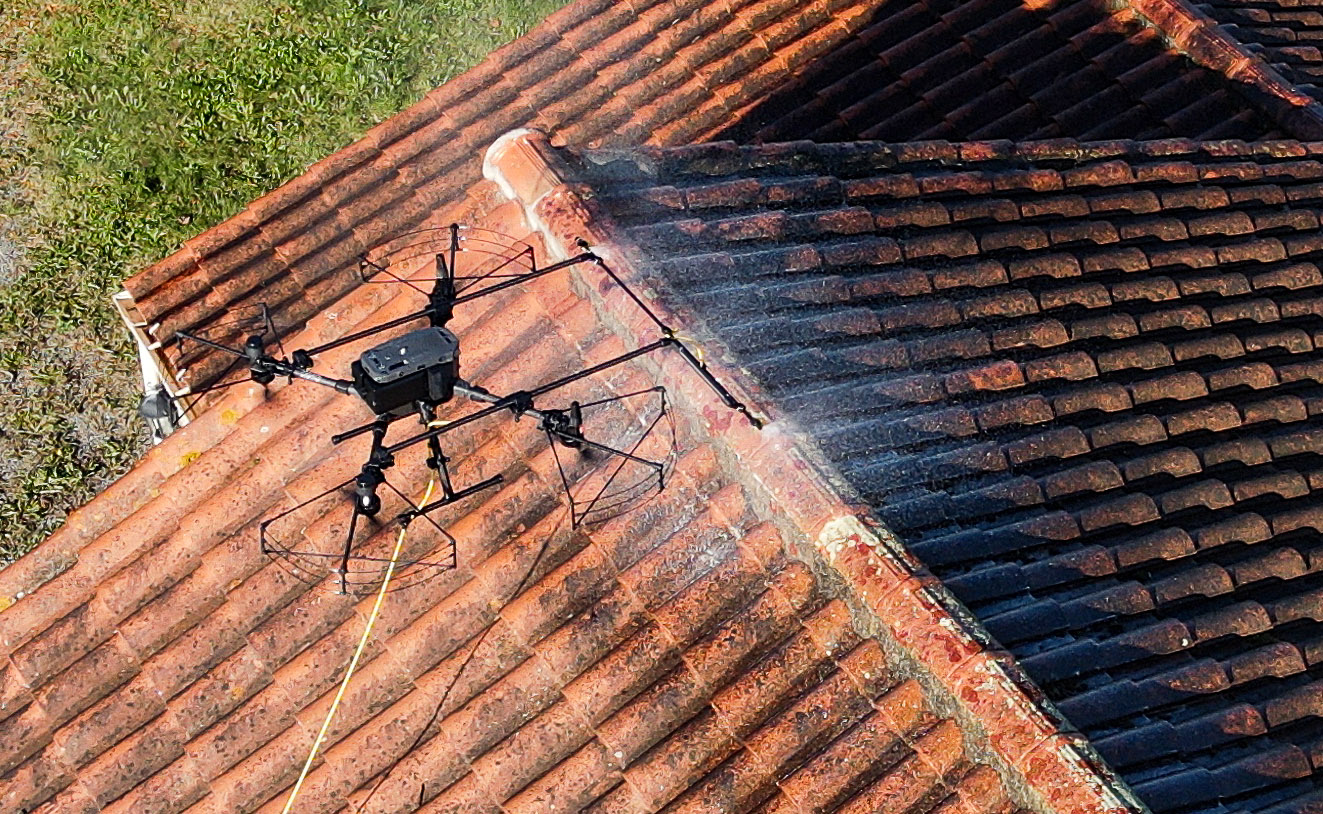
Conclusion
The use of drones for aerial spraying or agricultural spreading in Belgium or Luxembourg involves lengthy administrative procedures, delays and additional costs (in Belgium) which can impact on the profitability of the project.

Regulations in Belgium and Luxembourg are complex and require a thorough understanding of the different categories and requirements. Operators need to be aware of the costs, delays and geographical constraints associated with using drones for aerial spraying in these countries.
| UAS regulations to be respected | Product regulations sprayed | ||||
| Frame | Deadlines | Geographical constraints | Costs | Contact details/restrictions | |
| Belgium | PDRA, SORA | 4 months | Yes, initially use of the drone limited to the addresses in the file | 754€ min | Product validation by SPF Santé |
| Luxembourg | PDRA, SORA | 4 months | Yes, initially use of the drone limited to the addresses in the file | No | No constraint if the product is not considered as « Dangerous Goods ». |
In short, drone regulations for aerial spraying are a constantly evolving field. Manufacturers will be obliged to comply by 2024.
As a professional, it’s essential to stay informed and in compliance with local and European laws.
